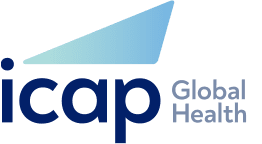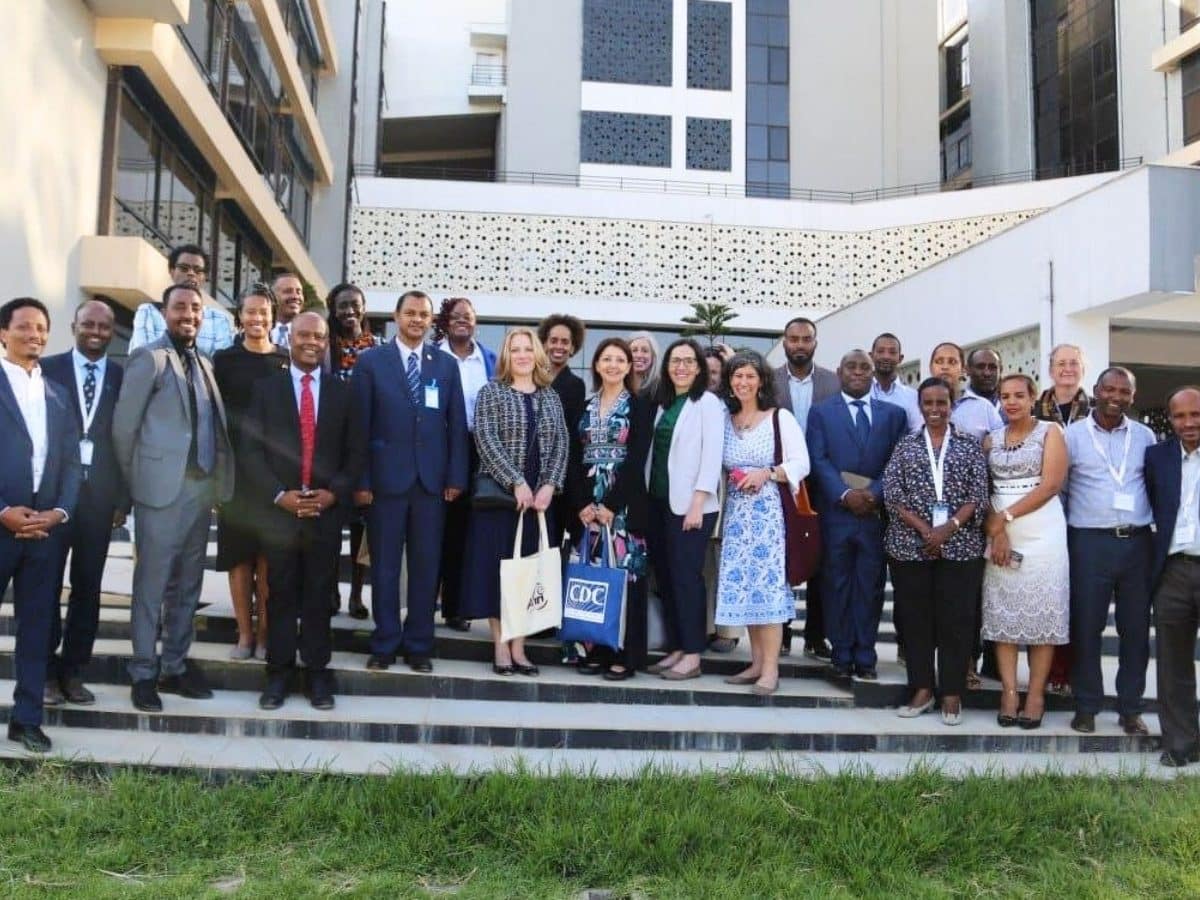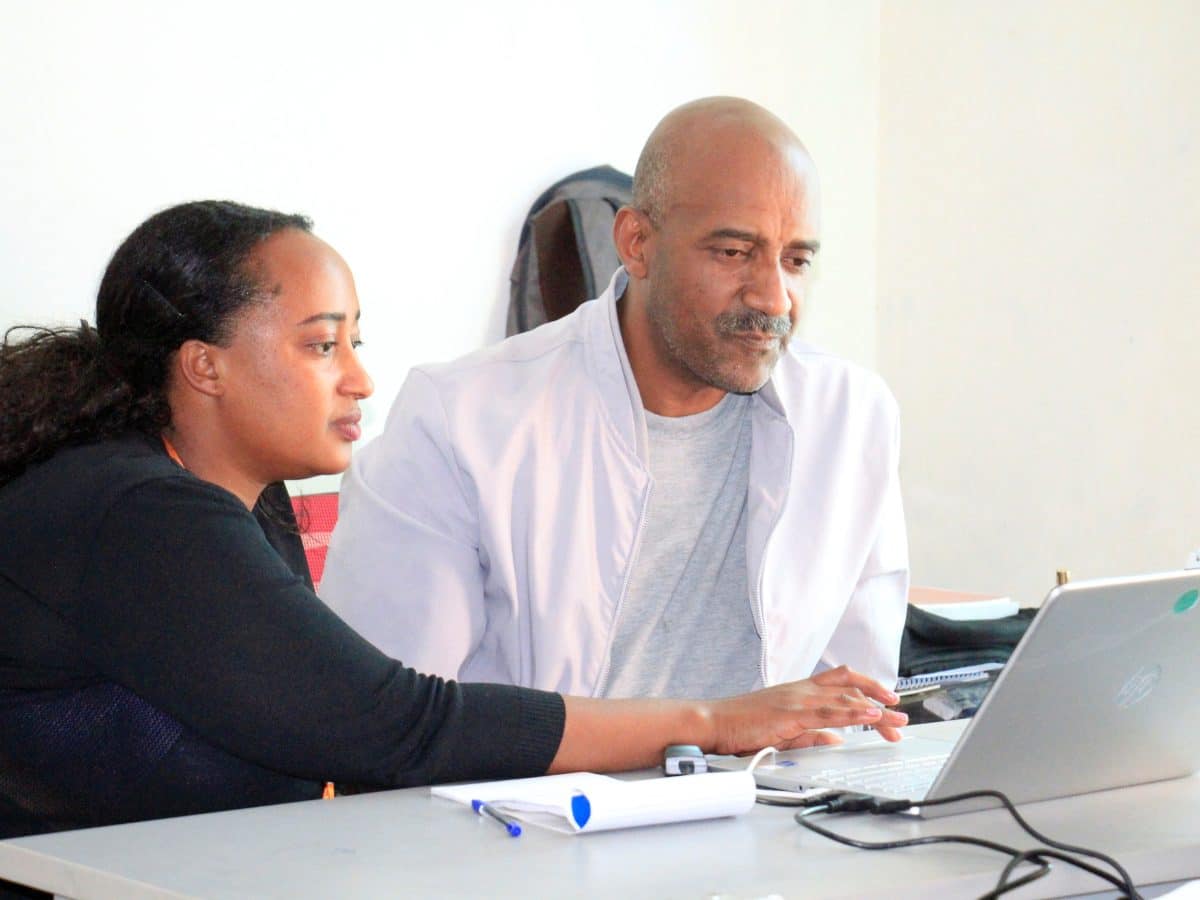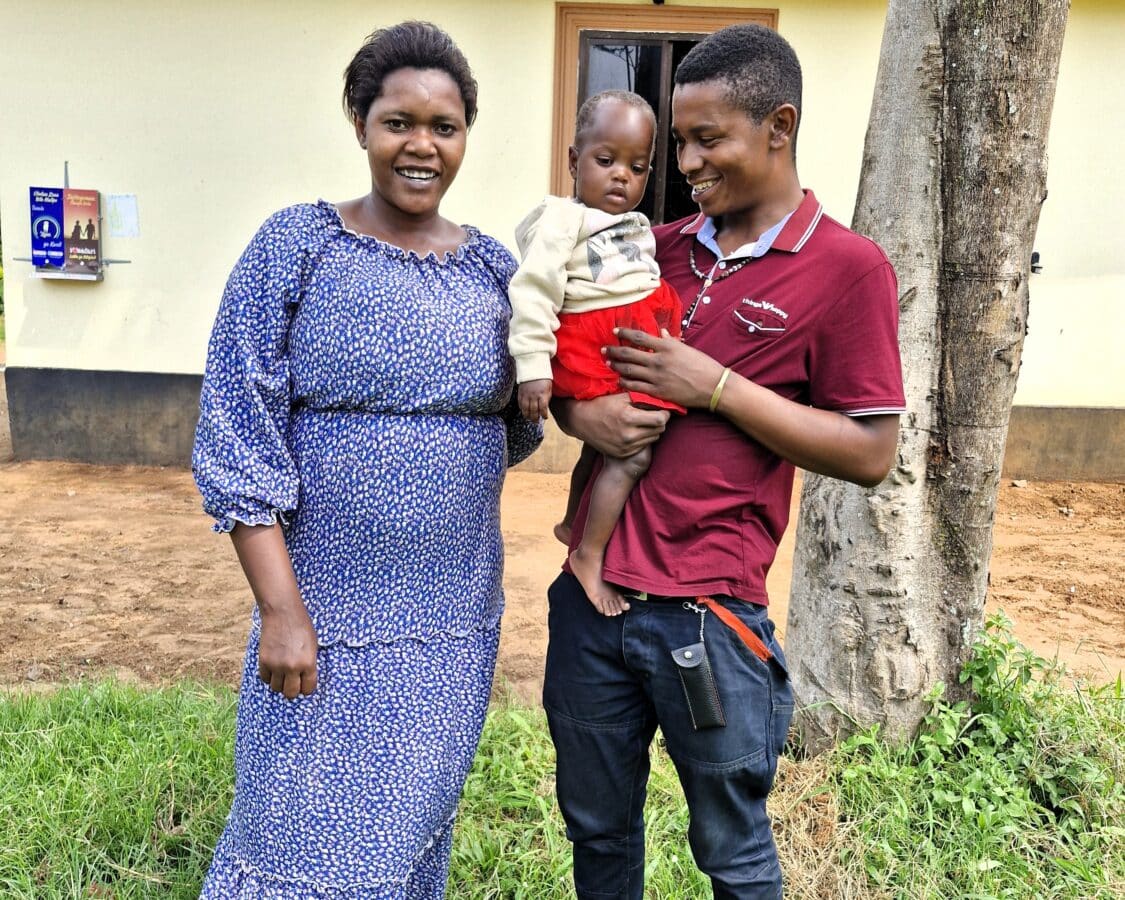Every March 24, on World TB Day, the world recommits to the global effort to “reach, treat, and cure” all cases of tuberculosis (TB). Since 2004, ICAP has made a significant impact on TB through initiatives to improve case detection and treatment adherence; combat stigma and discrimination; empower health workers; and build strong partnerships with governments to scale up treatment and prevention programs.
ICAP has supported the development of complementary TB/HIV clinical programs around the world, facilitating collaborations between national TB and HIV programs, and building the capacity of health care workers to provide more integrated care. ICAP has supported the establishment of health clinics in “Swaziland’s correctional facilities”:https://icap.columbia.edu/news-events/detail/icap-expands-hiv-care-and-treatment-in-swazilands-correctional-facilities to provide TB screening to prisoners; collaborated with “The Employment Bureau of Africa in Lesotho”:https://icap.columbia.edu/news-events/detail/new-icap-public-private-partnership-is-addressing-tb-among-mine-workers-in to provide same-day TB diagnosis and treatment for migrant mineworkers who are at disproportionately high risk for disease; and established the “Pediatric Center of Excellence in Tanzania”:https://icap.columbia.edu/news-events/detail/combatting-childhood-tuberculosis-at-icaps-center-of-excellence-in-dar-es-s to scale-up screening and treatment for TB/HIV co-infected children whose symptoms often go unnoticed.
ICAP is also leading TB implementation science research studies evaluating a combination of interventions to: improve early ART initiation and retention for TB/HIV co-infected patients (START study); and improve isoniazid preventive therapy (IPT) initiation and completion to reduce TB risk among HIV-infected patients (ENRICH study). As part of these studies, ICAP is using communications technologies, such as interactive voice response, to reach low-literacy patients, encourage treatment adherence and strengthen relationships with health care workers.
“All of these programs aim to address critical gaps in the TB care cascade,” said Dr. Andrea Howard, director of ICAP’s clinical and training unit and principal investigator of START and ENRICH. “By promoting linkages at all levels of the health care system, ICAP is able to improve diagnosis, treatment, and outcomes of patients affected by both TB and HIV.”
Since 2004, ICAP support for expanded TB care has led to these important milestones:
* TB screening for 825,000 people living with HIV
* HIV testing for 365,000 TB patients
* TB treatment for 87,000 TB/HIV co-infected patients
* IPT for 133,000 HIV patients to prevent TB








